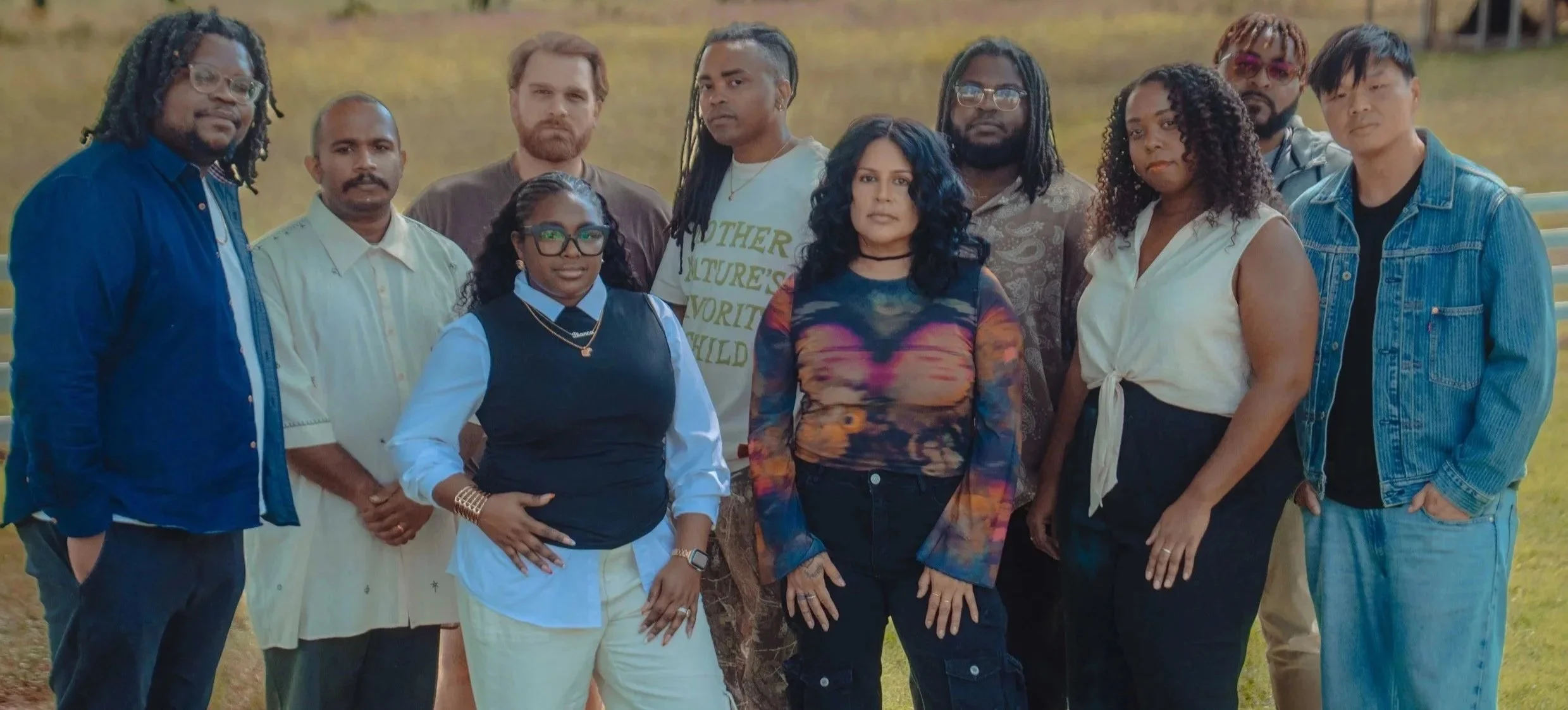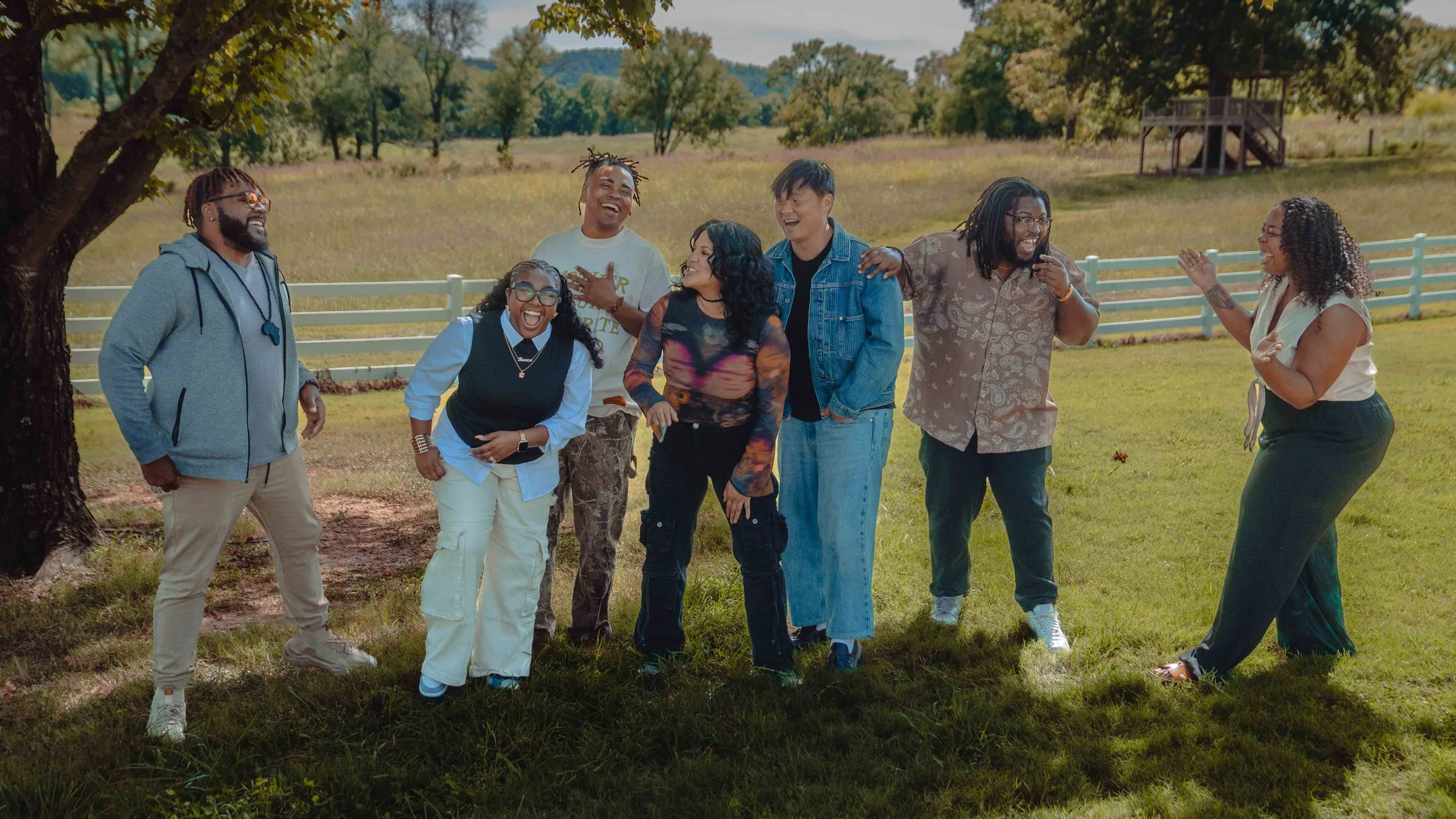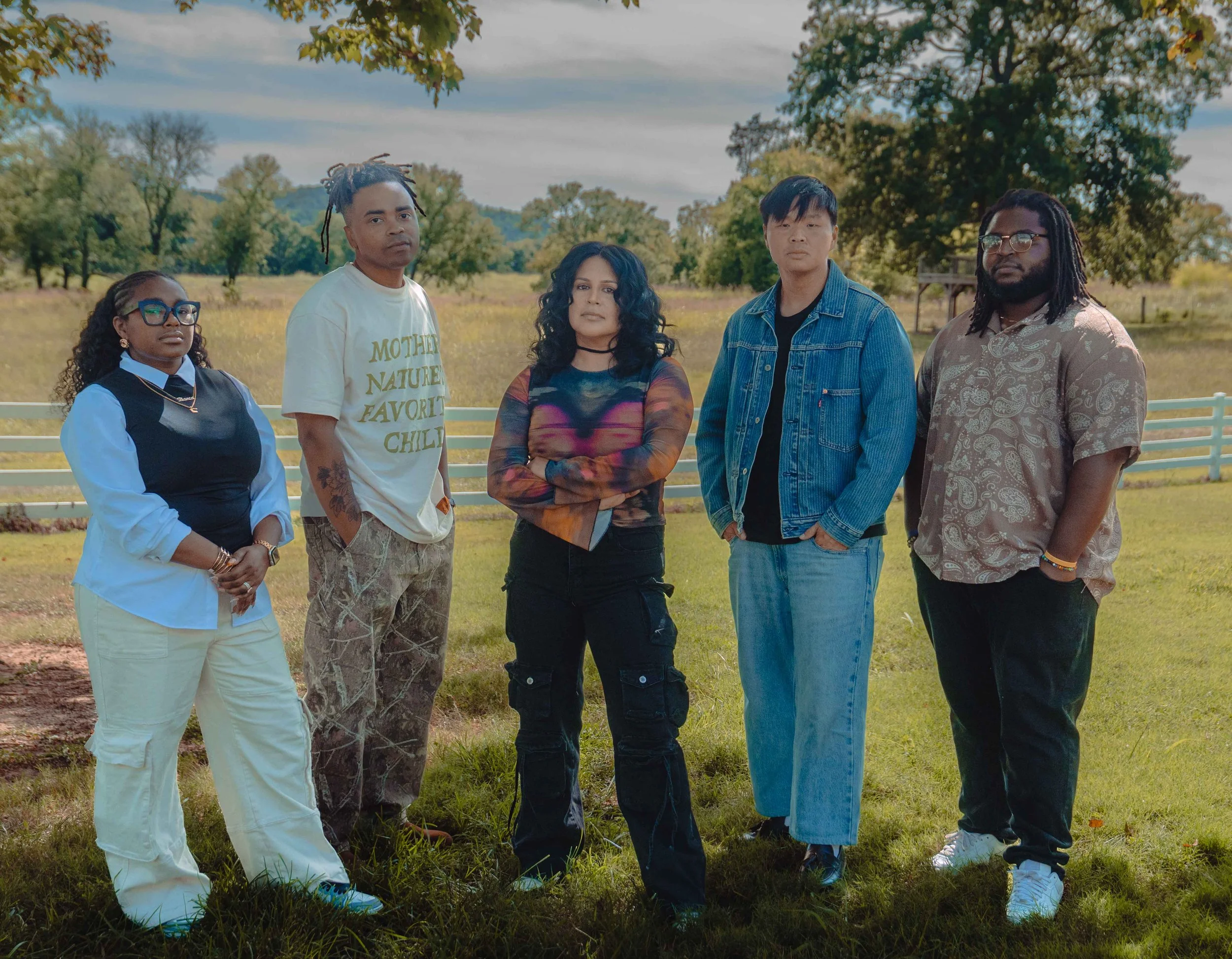Bio
Common Hymnal was the first entity in what has since grown into a shared commons - a family of orgs - unified under the parent nonprofit, Common People. Conceived as a virtual hymnbook - a living library excavating songs, stories, and ideas from the spiritual underground, content overlooked by commercial and institutional systems - it remains the cornerstone of the ecosystem it helped build. As network expands, its Christian-facing work remains strong under the Common Hymnal name.
In an era marked by upheaval and polarization, as shifting ideological currents started pushing conscience-driven creatives to the margins, Common Hymnal stepped in to offer them a landing place: a digital outlet curating content that centered life, justice, and underground spirituality. It became a rallying point for songwriters, poets, storytellers, and thought leaders whose work was too raw for the religious industrial complex - but just right for this moment. From day one, its offerings have helped people grapple with the current social turmoil, voice their dissent and find hope for the future.
As the work deepened, Common Hymnal launched a record label, Common Exchange, to more effectively distribute a catalog that was evolving through the converging journeys and lived experiences of its contributors. Invitations for live performances then followed, and this eclectic mix of artists began taking these songs on the road. The intentionality of the lyrics, especially the heartbeat for justice, quickly established the project as a vital voice in movements for liberation and human dignity.
Today, alongside its affiliates, Common Hymnal is not merely participating in the cultural conversation but actively helping to reframe it, bringing marginal art to the forefront and fostering a movement oriented toward the common good. That movement takes shape in the slow, careful work of making room for voices from the fringe and carrying them into shared cultural life.
Soundbytes
“Because of its clarity of message and refusal to sanitize truth, Common Hymnal has naturally aligned with the broader justice movement. From racial justice to gender equity, decolonization to ecological awareness, the songs provide a soundtrack for those working to birth a more humane and just world.”
“The image of a ‘spiritual underground’ evokes the early church under Empire, the hush of mystics in the desert, and the creativity of oppressed communities that birthed liberative theologies. This isn’t just a hiding place; it’s a laboratory. A forge where liturgy becomes protest, theology becomes poetry, worship becomes resistance, community becomes revolution.”
“The elephant in the room is White Christian Nationalism. What we’re seeing is not just a distortion of the gospel - it’s a wholesale replacement of Jesus with Caesar. It's the worship of power under the guise of piety. The cross has been weaponized. The flag raised as idol. And yet, that very contrast clarifies the moment: those moving into the underground aren’t opting out of faith - they’re rejecting a counterfeit.”
“The word common runs through our work by design - rooted in the older meaning of the commons: shared ground, collectively stewarded, protected for use rather than owned for extraction. Our work unfolds across multiple entities, each with a specific role, but all held within a single shared commitment - to safeguard creative labor, cultural memory, and moral imagination for the common good.”
Song Sampler
Seasons
[Jan] New Year’s Resolutions No More Wasted Years
[Jan] MLK Day When Will We Overcome, Be Love
[Feb] Black History Month God Of Color, My History Is Black
[Mar] Women’s History Month Get Up, Girl
[Apr] Easter Passover
[May] AAPI Month Big Enough
[Jun] Juneteenth Jubilee
[Jun] Pride Come To The Table
[Jul] Independence Day Stars and Stripes
[Aug] Summer Sunrise2Sunset
[Sep] Gospel Music Heritage Month God Will Prevail
[Sep/Oct] Hispanic Heritage Month Baila
[Nov] Get Out The Vote Rocks
[Dec] Christmas Mothers And Shepherds
Reasons
Caring For A Terminally Ill Loved One For The Time We Have
Celebrating A Win Born A Champion
Gun Violence Prevention T-Shirt Man
Healing From Church Abuse You’re Not Wrong
Healing From Sexual Abuse He Has Time
Processing Hardship No Vacant Thrones
Processing Trouble Our Pride, Do You Feel It, Too?
Responding To Forced Production In Church Services Show Us What’s Real
Responding To Racism The Medicine
Responding To A National Disaster Rise Up
Reflecting On The Sermon On The Mount The Kingdom Is Yours
Sneak Peek Of A Live Show With Tracks Dress Rehearsal for Live Free Tour
Sunday Morning Worship Yahweh Holy, Before We Put Our Trust In Human Kings / Exalted
Genres
Afrobeats Not Gonna Worry
Classical Crossover God Is Not Abusive
Gospel God Will Prevail
Hip Hop Seat At The Table, Emmaus Cypher
Latin Pop Baila
Negro Spirituals Walk With Me (Otis’ Dream)
Reggae Irie (Sound Mind)
Singer-Songwriter Lines
Soul I Wonder
Spoken Word I Don’t Know Justice, America’s Gospel
World Music A Time, Kama Si We



